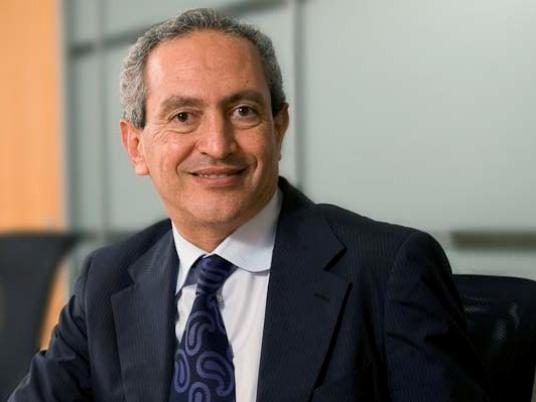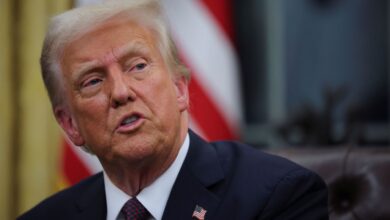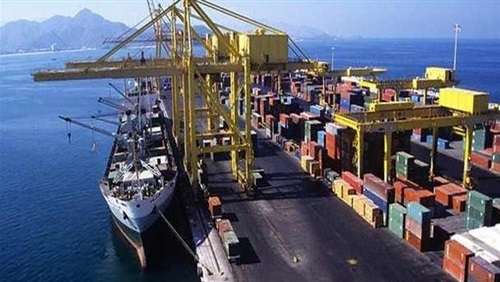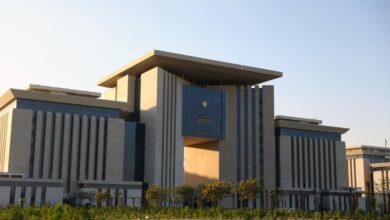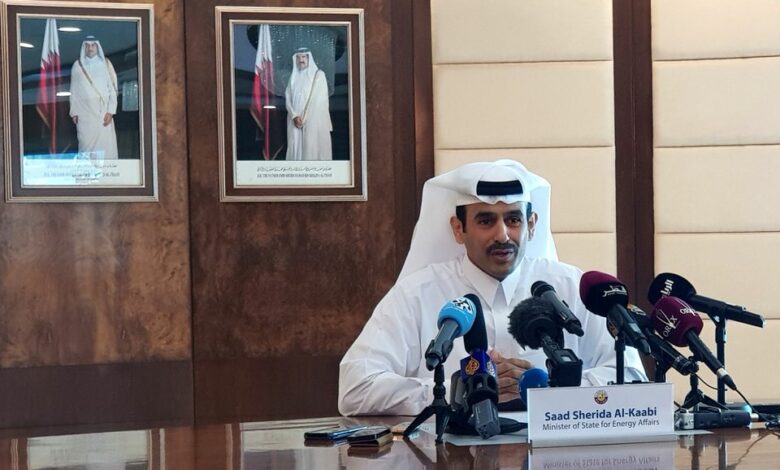
DOHA, Feb 3 (Reuters) – Qatar has not approached its Asian customers over diverting gas to Europe, QatarEnergy chief and minister of state for energy Saad al-Kaabi told Reuters, adding that if Russia does not supply the region the gap could not be filled by one country.
The United States, the world’s top producer of natural gas, has asked Qatar and other major energy producers to examine whether they can supply Europe should Russian flows be disrupted as a result of tensions with Ukraine. read more
Earlier this week, a source told Reuters that Qatar would need U.S. help persuading its buyers to divert gas to Europe, where some 30%-40% of gas needs are met by Russia. read more
“No discussions have taken place…this has not happened,” Kaabi told Reuters in Doha when asked if Qatar had approached any of its Asian buyers. Qatar sells most of its LNG to Asia on long-term oil-indexed contracts.
Industry sources and analysts say only 8%-10% of Qatar’s LNG is available for diversion to Europe, and even this will need time as it takes longer to ship to Europe than to Asia.
On the prospect of sanctions taking Russia out of Europe’s gas market, Kaabi reiterated that no single country could fill that gap: “No one can supply Europe alone, not us alone … you need many more suppliers to fill the gap.”
Any disruption to Europe would worsen an already existing energy crisis caused by a global shortage of oil and gas.
Kaabi said global “energy poverty” was a real possibility should investments in hydrocarbons continue to lag.
“Globally, the industry is not investing enough in the oil and gas sector, and gas especially,” Kaabi said, adding that he would not have predicted prices rising as high as they have.
“The energy situation will remain like this for a while unless the narrative changes to acknowledge that gas will be a necessary part of the energy transition,” Kaabi said, adding: “Otherwise, the world won’t have enough supply…there will be energy poverty for sure.”
TRANSITION
The comments from one of the world’s top LNG exporters come as many countries are battling soaring energy costs with Britain announcing a 54% jump in energy bills from April. read more
LNG prices have lurched from record lows of below $2 per mmBtu to all-time highs of $56 in the last 20 months, as markets struggle to keep pace with global economies recovering from COVID-19. Benchmark prices are around $23 currently.
Global prices are also soaring, with European futures at more than $30 per million British thermal unit (mmBtu), compared with just $5.4 in the United States.
Many producing countries have blamed the spike in oil, gas and coal prices on poorly calculated energy transition policies by developed countries which discouraged investment in fossil fuels at a time when they are not fully ready to switch to renewables.
QatarEnergy’s expansion plans, which will boost global supplies over the coming decade, are on track with the North Field East (NFE) expansion set to produce gas in 2026 and joint venture partners to be announced in June, Kaabi said.
Qatar aims to expand LNG production to 127 million tonnes annually by 2027 from 77 million tonnes.
“We have international companies as JV partners, and the new thing is we have certain buyers that are also coming in. For some selected buyers, we are giving them the opportunity to also be partners in the venture,” Kaabi said.
“We are still in the final stages of finalising commercial-partners selections, and we are still having discussions.”
Kaabi would not name the selected buyers.

